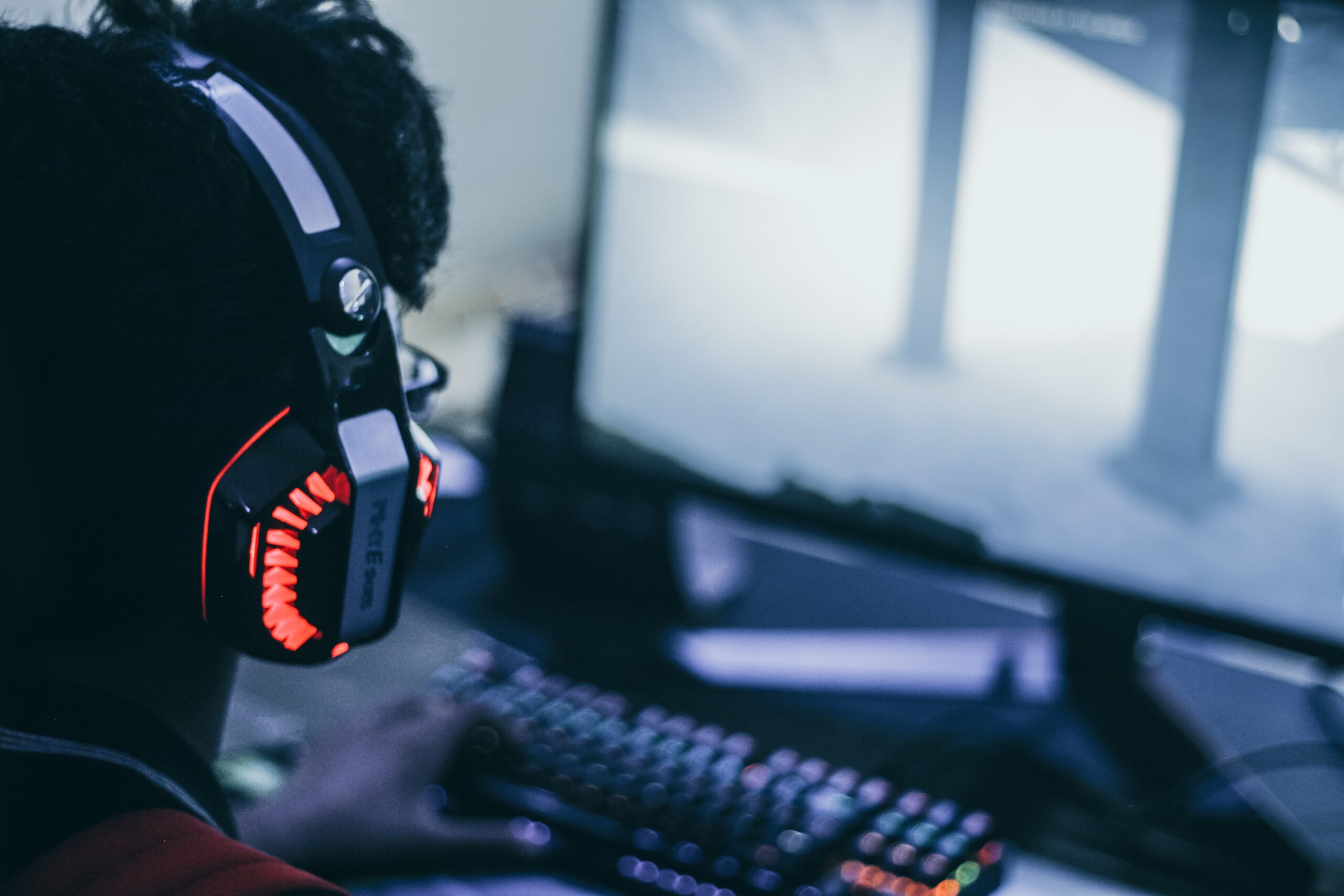Whether you’re interested in making it big as the next viral app developer or you want to catch the wave of the technology revolution amidst us, you’ll need to know something about coding. It’s been shown in many films where the ‘computer nerds’ run long lines of green letters and numbers on their screens or mash a few keys and hack into the bank’s security system. Obviously, this is not what coding looks like in reality.

The basics of programming
Programmers essentially write instruction lists for a computer to follow. Code is usually written in a human language and translated by the compiler, a separate program, into a language that the computer can understand, consisting of 1’s and 0’s. All programs consist of algorithms – flowcharts that follow paths depending on the values of certain variables. It all sounds rather complicated, but it isn’t. Consider this example: is the thing that is input a number? If yes, add it to another number. If not, make it a number or tell the user their input is invalid. These long flowcharts put together form a program that can do amazing things.
So, which language do you choose?
There are different programming languages to choose from, depending on what exactly it is you want to do. For example, the language Java can be used to develop games and the language CSS can be used to develop websites. The language you choose relies on your ultimate goal, but all of the languages use the same concepts such as if statements and loops. So if you want to learn how to code, you need to understand what these basic concepts are first.
Where to start
The best place to start is to read a book about the basics of programming and then read about the specific language you want to program in. There are also web-based resources for this, but it can be difficult to choose the right ones as they are often aimed at people with a more advanced knowledge of coding. There are free online courses for beginners, intermediate, and advanced programmers respectively, so you can build your knowledge from the basics to the more intricate parts. Whichever option you choose, it does require quite a bit of dedication and patience and possibly quite a lot of reading, so be prepared for that.

How much do you need to know about computers?
The short answer is that it wouldn’t hurt to know a bit about how computers work. But computer science heavily involves theoretical mathematics and knowing about machine code. This isn’t necessary to be a good programmer, but it is advisable to understand concepts like memory, data types, and operating systems. There are also many resources available in book form or online to explain these things.
Start a project
As the wise Aristotle said, “ That which we must learn to do, we learn by doing”. So the best way to learn how to code is to start coding. Use the basics to write a simple program at first and then build on it from there. A good project takes a fair amount of planning so get an idea of what you want to do before you start doing it. This also depends on whether you want to code websites or apps, but the simplest option is probably to write a text input and output program. For example, write a program that lets you put in names, ages, etc. and then return processed information about these things.









